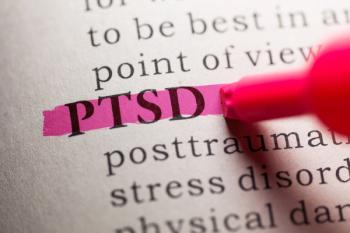
How should the sociopolitical nature of PTSD as a diagnosis inform our understanding of trauma?

How should the sociopolitical nature of PTSD as a diagnosis inform our understanding of trauma?

Many mental health professionals have also used mental health services. What role should their personal experience play in their clinical practice—if any?

Should psychiatrists help patients end their own lives, even if it is technically legal?

Yes, we need better crisis management, but what we really need is better crisis prevention.

Medical aid in dying is available for psychiatric patients in European countries and Canada. Will the United States be next?

In this installment of Conversations in Critical Psychiatry, a former United Nations Special Rapporteur discusses the need for a change in the status quo of mental health care.

Will a new Canadian law overturn long-held ethical norms in psychiatry?
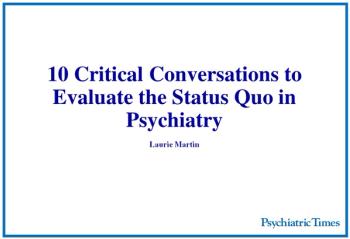
Noteworthy arguments that challenge the state of affairs in psychiatry.

In this conversation, a former APA president discusses mystical and meditative experiences, reconciling psychoanalysis and neuroscience, and tensions surrounding the medical model.

A television drama looks at eating disorders from the patient, physician, and family perspectives. What does it get right—and wrong?

At almost every turn, insurance payers, based on seemingly ignorant and unethical justifications, continue to undermine the quality of psychiatric care.

There is 1 suicide every 11 minutes... how can crisis response systems help?

Powerful psychic defenses are keeping humanity from facing a number of interconnected crises. How can these psychic defenses be overcome?

A lawyer discusses how the legal system treats (and mistreats) those with mental illnesses.
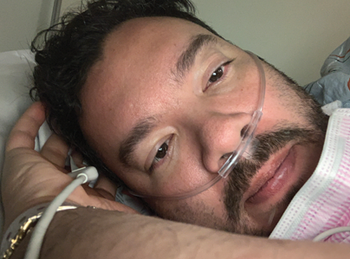
A year after being hospitalized with COVID, a physician considers the pandemic’s larger meaning for American medicine—and for American society.

A tragedy has rocked the Muslim community. How can psychiatry try to help prevent further tragedies from occurring?

Patients who are report social phobia are unlikely to speak out for themselves. For them, confrontations with their boss or coworkers are even worse than water-cooler conversations. That is where psychiatrists can help.

ECT has undoubtedly been foundational in the field of interventional psychiatry, yet controversy remains an underlying theme.

There is consistent evidence of benefits following state-of-the-art modified ECT.
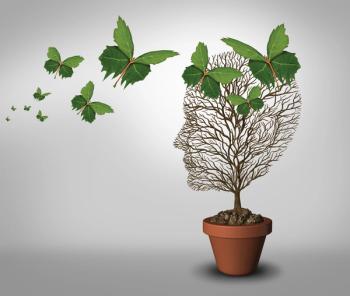
No one has precise data about how many Americans receive ECT each year, let alone how many treatments each patients receives or how closely providers space treatments. This is a troubling dilemma, according to the authors.

The more tools we have in our treatment toolbox, the greater the likelihood that we will ultimately find a treatment (or combination of treatments) to improve a given patient’s functioning and quality of life.

By considering different team members, it may be possible to address the broader needs of patients with mental illness.

The pandemic has driven a psychiatrist into isolation, but his long history in the arts helps him reconnect.

A psychiatrist reads the news and responds with art.
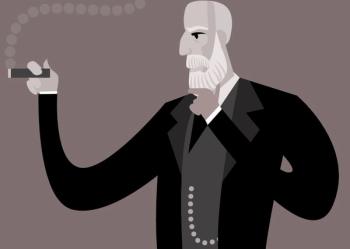
A winner of the 2020 Sigourney Award reflects on a lifetime of reading, promoting, and revising Freud’s theories.